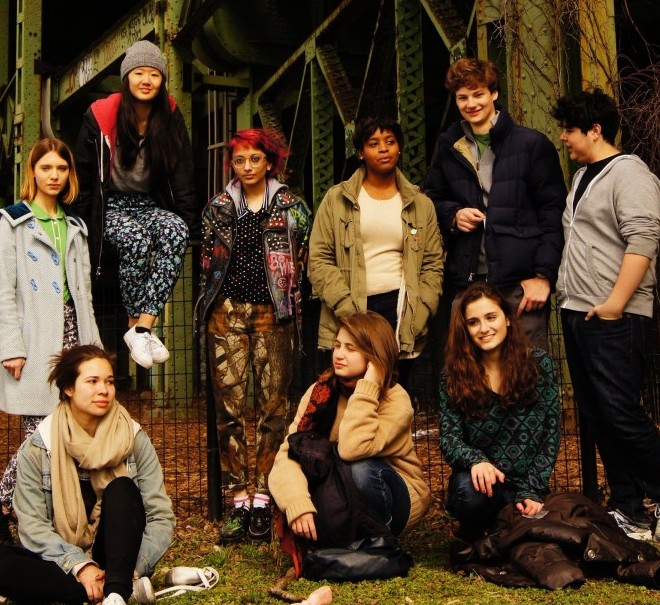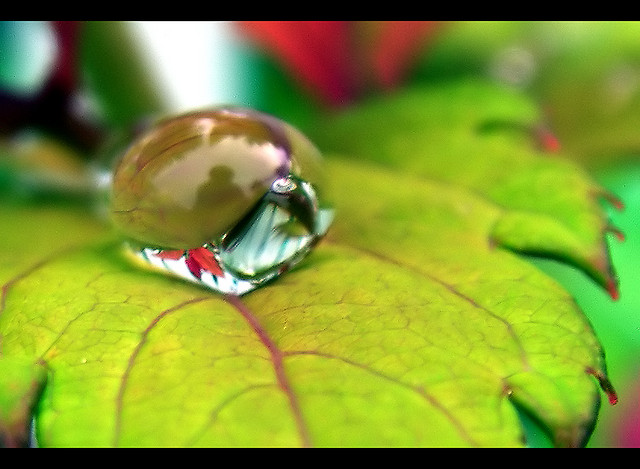Do Home Educated Kids Have Friends?
‘Do home educated kids have friends’, may sound like quite a rude question to ask, but according to 14 year old Iona, this and other questions are asked of her when she says that she doesn’t go to school.
She answers common questions in our article about the reality of home ed.
How To Get Noticed as an Artist – Teen Art Gallery, New York
Young people find it tricky to get noticed as an artist – the art world can be intimidating. This group of young artists celebrate and exhibit their art in the Teen Art Gallery, run in New York by teens. Our Sally-Anne caught up with director Charlotte Bravin Lee to find out more.
Water and Engineering – Water, Wonderful Life
Dr Lesley Beeton is a scientist, who studies what the DNA code tells us about human life and health. She has always loved science, and believes that science doesn’t just happen in laboratories. It happens all around us. Science keeps aeroplanes flying, electricity flowing, and the internet speedy.
Dr Beeton grew up in South Africa. Some of you may have traveled there for your holidays, to see the game reserves or Table Mountain. But even if you haven’t been there, we can all still learn something from the experiences of southern Africa.
A History of Fandoms
A lot of adults are very critical of the fans of 1D or Zoella, thinking they are silly for getting so excited, and for screaming and shouting. But did you know that fandoms have existed for a very long time? They’ve not always been called fandoms; that is a fairly recent development, but they are nothing new.




